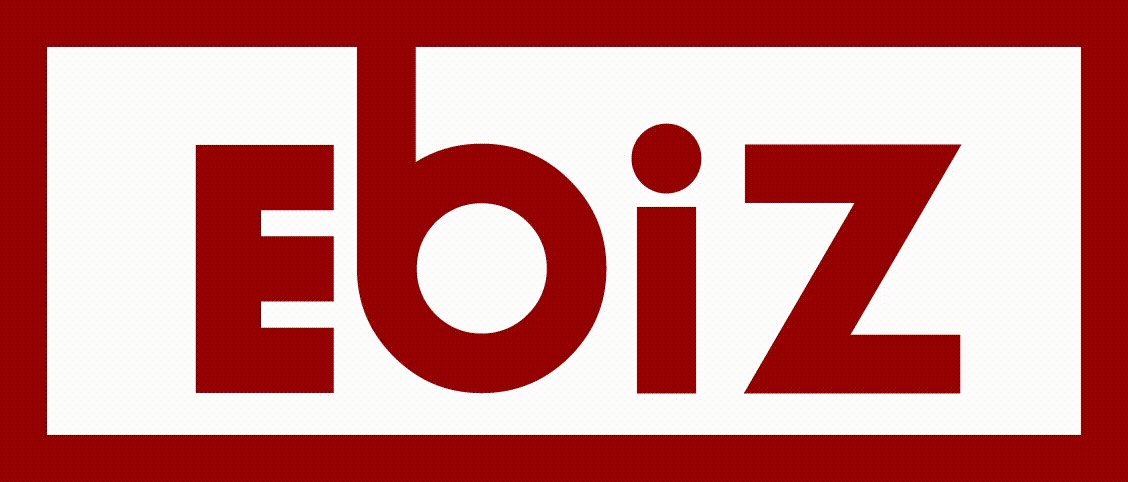Digital Marketing Series
DMK105 - Campaign Management
This course enables participants to establish the cornerstone elements of an organisation’s digital marketing campaign strategy including setting objectives, automation, and measuring campaign outcomes. Instructors provide hands-on guidance using applications and technologies so that learners can use them to effectively manage campaigns. Learners will be exposed to project-based learning, maximising learning outcomes and the building of real-world skills.
With so many powerful tools available to us in the e-business world it’s difficult to prioritise and build strategy around our engagement efforts. Managing e-business campaigns is a multi-pronged and more importantly interconnected discipline that takes establishing a methodical and disciplined approach to be successful. Take a look at these statistics:
Email
● 89% of marketers use email as the primary channel for generating leads.
● In 2020, the average open rate was 18%.
● 29% of marketers rate email marketing as the most effective marketing channel (25% for social media, 22% for SEO, and 25% for content marketing).
● 72% of customers prefer email as their main channel for business communication.
Search Engines
● 53% of website traffic comes from using a search engine (organic search).
● Almost a third of consumers search for local businesses on a daily basis.
● Over 99% of all searchers click on one of the links in the first page of search results.
Social Media
● 57% of consumers will follow a brand to learn about new products or services while 47% will follow to stay up to date on company news.
● After following a brand on social media, consumers continue to engage in various ways. Ninety-one percent visit the brand’s website or app, 89% will buy from the brand and 85% will recommend the brand to a family or friend.
● 54% of social browsers use social media to research products. (GlobalWebIndex)
Campaign Management
What you will learn
Course Description
Objectives
- Understand the core principles of campaign management and automation.
- Define campaign objectives
- Understand types of customers and establish business’ target customer
- Understand and apply tools of measuring operational success in the context of campaign management strategy.
- Utilise campaign evaluation tools and metrics for performance management.
- Utilise tools and approaches for improving campaign outcomes and reaching performance targets
Target Audience
Minimum passed the equivalent of GCE ‘A’ levels
Course Format
Asynchronous eLearning
Webinar
Course Project
Case Study
Webinar
Course Project
Case Study
Certification
Part of Professional Certificate in e-Business
Dates
04/02/2022- 04/16/2022

